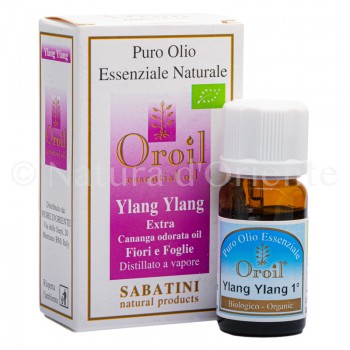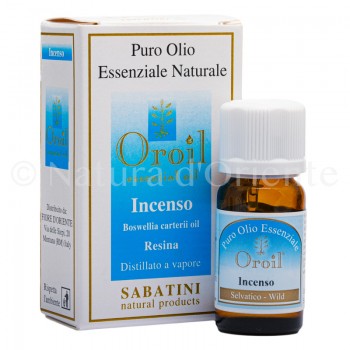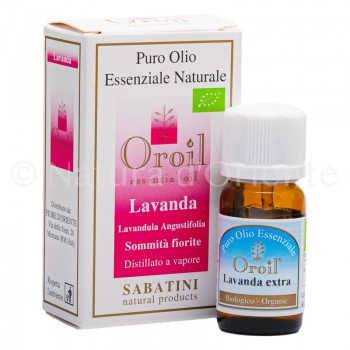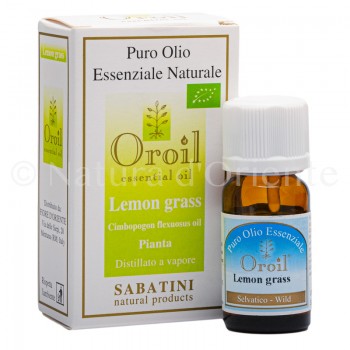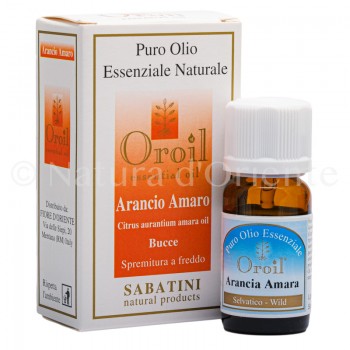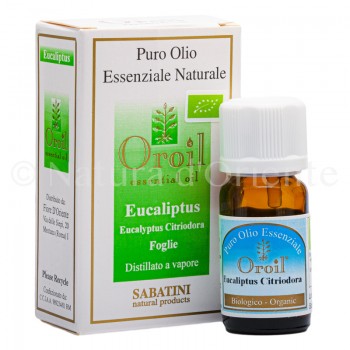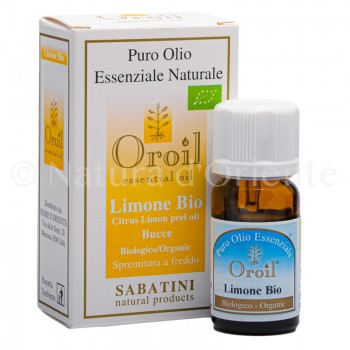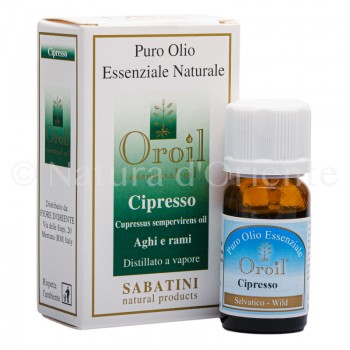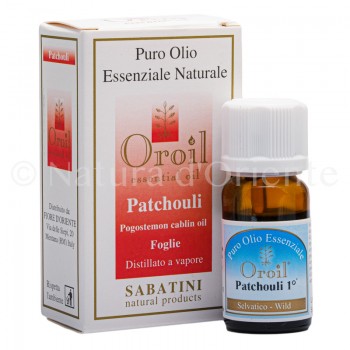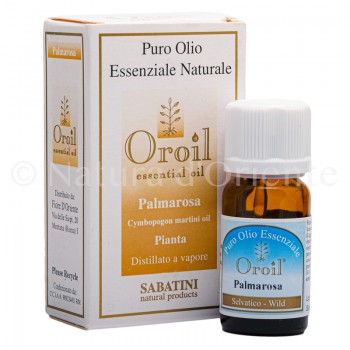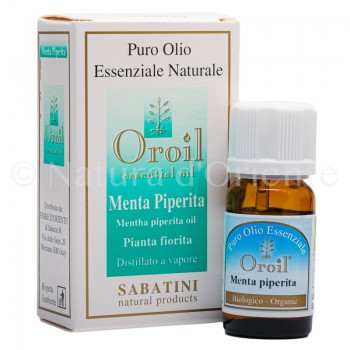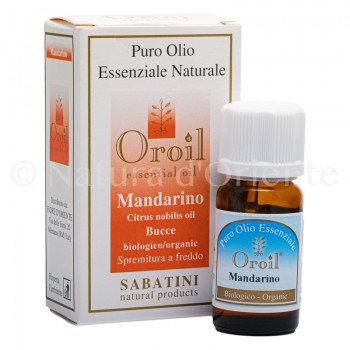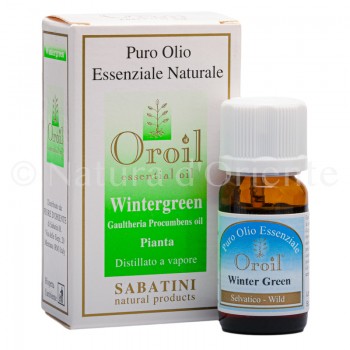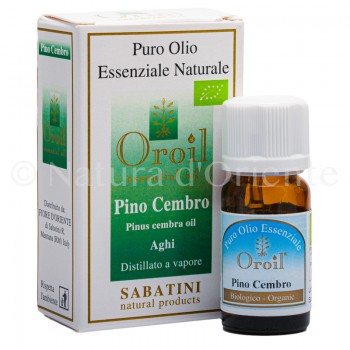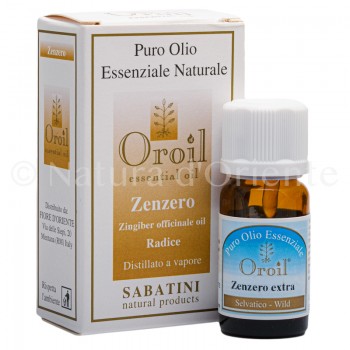Cinnamon essential oil has antiseptic and toning properties which make it useful against respiratory diseases but also as a stimulant for the nervous system.
The plant and the production of essential oil
Cinnamon can be made from two plants, the first, what is commonly referred to as true cinnamon is a small tree native to Sri Lanka. The other is a larger tree originally from China, but the quality of the latter is lower and in fact all good quality essential oils are derived from the former. The plant that belongs to the Lauraceae family has been classified with different scientific names, the current one is Cinnamomum verum (J.Presl), J. Presl stands for Jan Svatopluk Presl a Czech botanist and the Latin adjective verum obviously transposes also in the name scientifically the notion that we consider this to be the real cinnamon. You can also find the plant under the name of Cinnamomum zeylanicum, in this case the adjective derives from the old name of Sri Lanka that is Ceylon, but it is the same plant. Cinnamon has accompanied man throughout the history of civilization, in the Bible for example it is mentioned on three different occasions. In the book of Exodus it is even God himself who when dictating to Moses the recipe for the oil for the consecration says "Get top quality perfumes: five and a half kilos of liquid myrrh, two and a half kilos of perfumed cinnamon, two and a half kilos of scented cinnamon, five kilos of cassia - all according to the shrine's unit of weight.” (Ex. 30, 22-24). The essential oil is obtained from the bark of young branches with the classic method of steam distillation.
Properties of cinnamon leaf essential oil
The disinfectant properties as we know are common to any essential oil, but not to the same extent, in the case of cinnamon essential oil the germicidal properties are among the main characteristics and the oil in question is recommended to combat diseases of the oral cavity and respiratory tract. The other main property attributed to cinnamon essential oil is that it is a tonic and a stimulant for the nervous system and is therefore indicated as a remedy to combat tiredness and to help the ability to concentrate.
Topical use of cinnamon essential oil
Since this is a pure oil not suitable for ingestion the antibacterial properties can essentially be exploited through inhalation, the classic suffumigi can be a valid aid to disinfect the airways and fight the ailments of the cold season. Added to massage oil and used on the abdomen, cinnamon essential oil helps digestion and promotes the elimination of intestinal gas. It should be remembered that like other essential oils, cinnamon essential oil has a rubefacient effect, that is, it makes the skin redden because it stimulates peripheral circulation by drawing blood from the lower layers, for this reason it can help in case of pain rheumatism and more.
How do you use cinnamon essential oil in aromatherapy?
In aromatherapy, the stimulating properties of cinnamon essential oil make it useful in states of depression and mental fatigue and therefore promotes concentration. The doses and methods of diffusion are the usual: environmental diffuser for aromatherapy but alternatively also the radiator tray; as regards the doses, many sources recommend the classic ratio of one drop for each square meter of the environment. As far as inhalation is concerned, therefore aromatherapy but even more the more concentrated inhalation obtained in fumigation, however, the warning not to exceed the doses is obligatory because if inhaled in high concentrations the oil essential cinnamon could cause seizures.


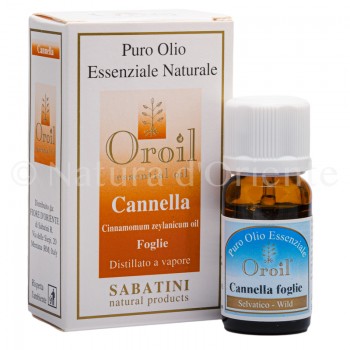
 No reward points for this product.
No reward points for this product.
